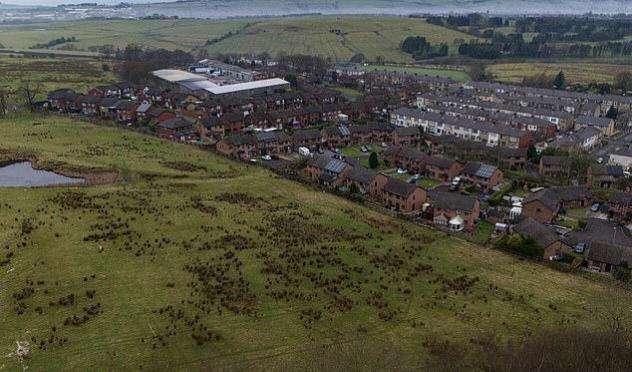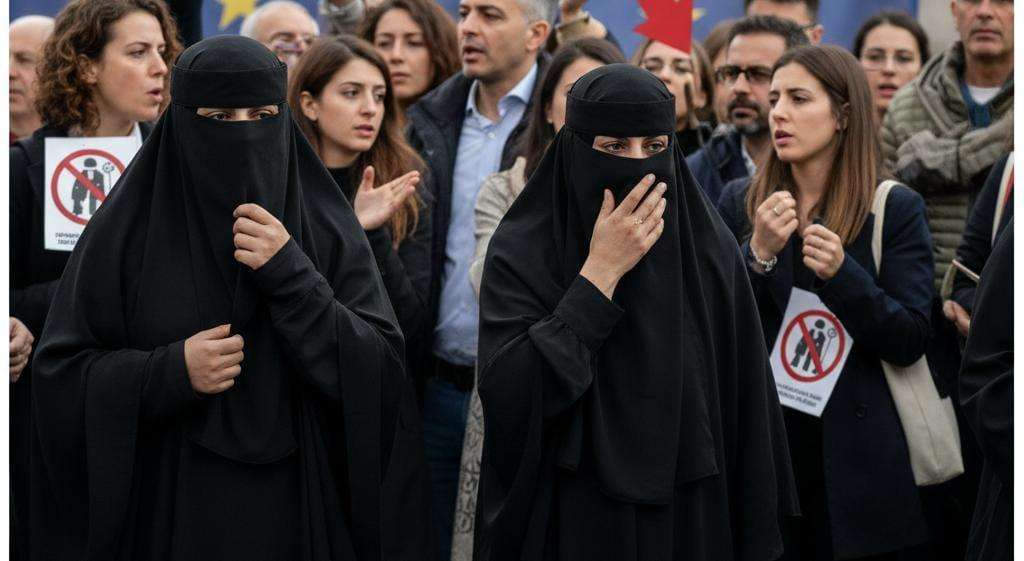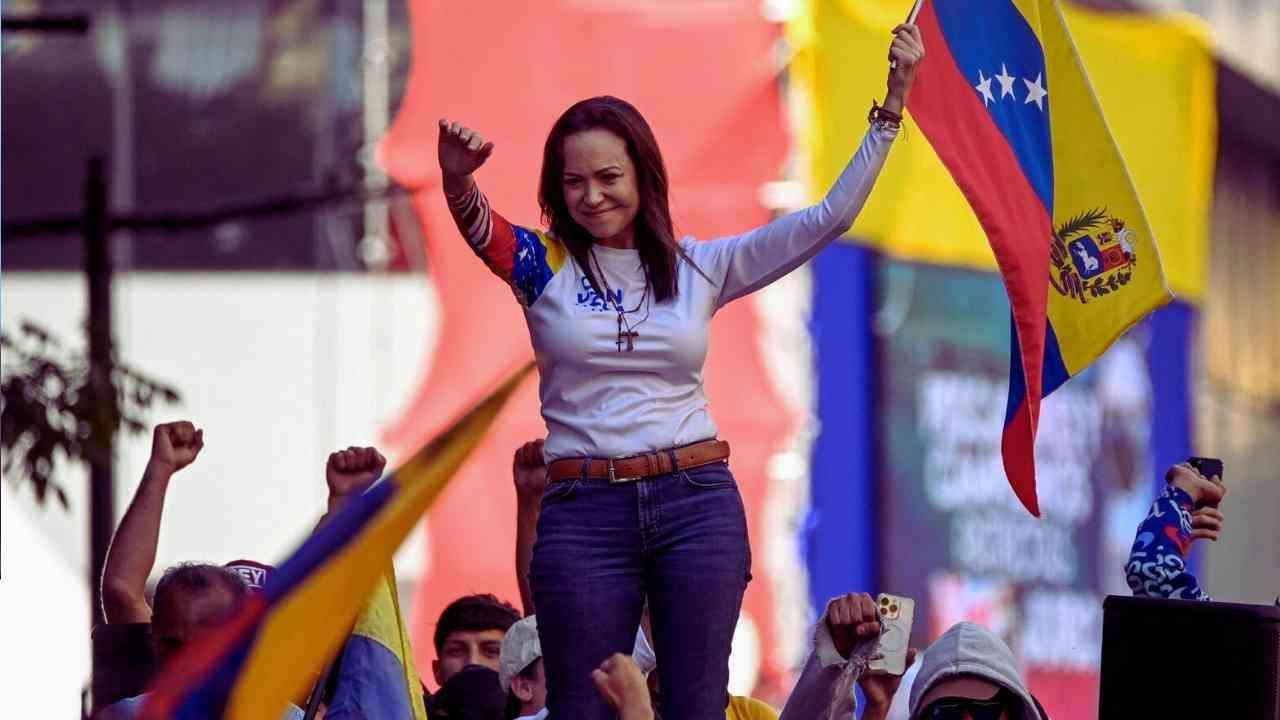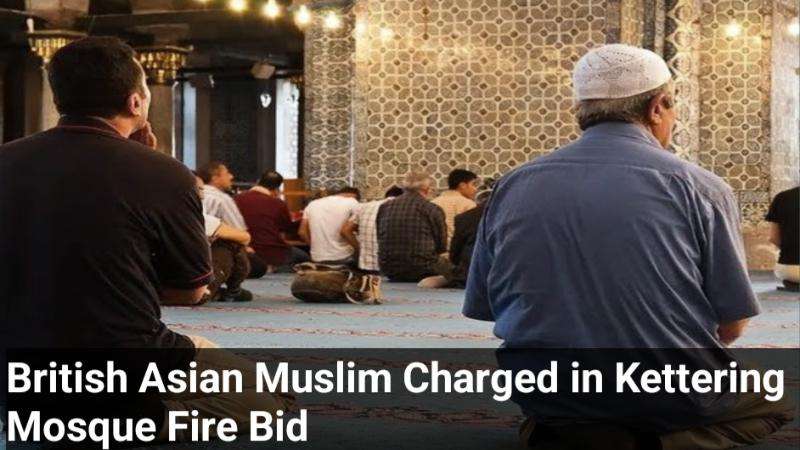American stand-up comedian Jessica Kirson, an openly lesbian woman whose material often draws from her identity, has issued a public apology for her controversial performance at the Riyadh Comedy Festival on September 29th. The uproar stems from her appearance in Saudi Arabia, the conservative Islamic kingdom that is home to Islam's two holiest sites, Makkah and Madina, and where same-sex acts are strictly criminalized, with punishments including the death penalty.
Kirson's participation has ignited an international debate, highlighting the stark contradictions within Saudi Arabia’s ongoing cultural transformation under its ambitious Vision 2030 plan.
Comedian's Personal Journey and Stance
Jessica Kirson, born on November 14, 1969, in South Orange, New Jersey, is a veteran American stand-up comedian, actress, and producer. Known for her powerhouse stage presence, hilariously relatable nature, and use of numerous characters, she frequently addresses her personal life, including her Jewish upbringing, past struggles with sobriety and food addiction, and her identity as a lesbian. A graduate with a Master of Social Work from New York University, Kirson is also the stepsister of actor Zach Braff and writer Joshua Braff. She is a mother of four and, until recently, was married to Danielle Sweeney, with their divorce process confirmed to be underway in 2025. Her work often utilizes "gallows humor" and "biting, often crass asides," a style that made her inclusion in the Riyadh festival particularly shocking to many observers.
The Controversial Performance and Apology
In her statement released shortly after the show, Kirson expressed her "sincere regret" for having performed "under a government that continues to violate fundamental human rights." She detailed her surprise at the invitation and her prerequisite to organizers that she receive "a guarantee that I could be openly out as a lesbian on stage and perform gay material."
She is reportedly the first openly gay comic to do so on a Saudi stage and initially hoped the appearance would "help LGBTQ+ people in Saudi Arabia feel seen and valued." However, she concluded, "I deeply regret participating under the auspices of the Saudi government" and pledged to donate the entirety of her performance fee to an unspecified human rights organization. This move echoes the sentiment of critics who view the event as an attempt at "comedy washing," using entertainment to deflect from the kingdom's extensive human rights abuses, including restrictions on freedom of speech and the rights of women and the LGBTQ+ community.
Saudi Arabia's Vision 2030 and Prohibited Programs
Kirson's visit is a direct consequence of Crown Prince Mohammed bin Salman’s Vision 2030, a socio-economic blueprint aimed at diversifying the oil-dependent economy and modernizing society. This push has led to an explosion in public entertainment, a significant departure from the country's traditionally strict interpretation of Islamic law (Sharia).
For decades, the religious police enforced gender segregation, banned cinemas, and prohibited most public music. Now, under Vision 2030 and the General Entertainment Authority (GEA), the kingdom is aggressively funding cultural events that are deemed completely prohibited (Haram) by many conservative Islamic scholars. These newly permitted and often heavily promoted activities include:
Public Concerts and Music Festivals: Large-scale concerts featuring international artists, often with mixed-gender audiences, a major reversal of the past ban on public music and gender mixing.
Cinemas and Film Industry: The opening of commercial cinemas, which must still adhere to content regulations, but mark a monumental shift from decades of prohibition.
Stand-Up Comedy and Theatrical Performances: Hosting and licensing for local and international comedy, including material that, in Kirson's case, directly challenges deeply entrenched social and legal norms.
Sports and Gaming: Major investments in international sporting events and the National Gaming and Esports Strategy.
While the government frames these changes as embracing a "moderate" Islam and improving quality of life, critics argue they are a strategic rebranding effort. The contradiction is stark: a comedian's performance promoting LGBTQ+ visibility was allowed by the state, yet the same state maintains laws that could carry the death penalty for the same audience members who embrace her message. This ongoing cultural and legal tension remains the center of the controversy, with comedians like Kirson caught in the crossfire between human rights advocacy and state-sponsored reform.

_5.jpg)





_6.jpg)
.svg)


